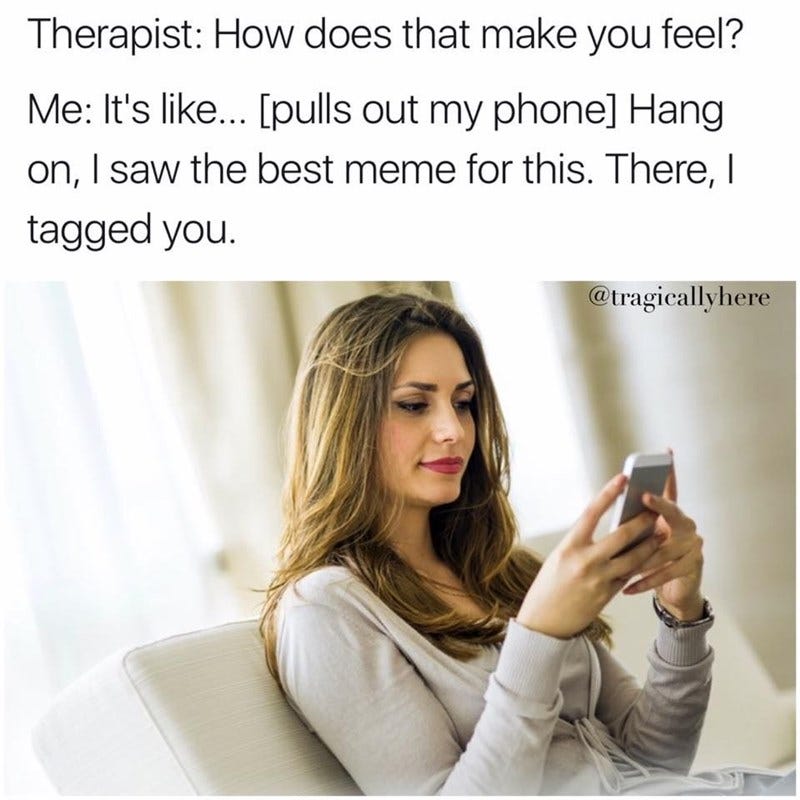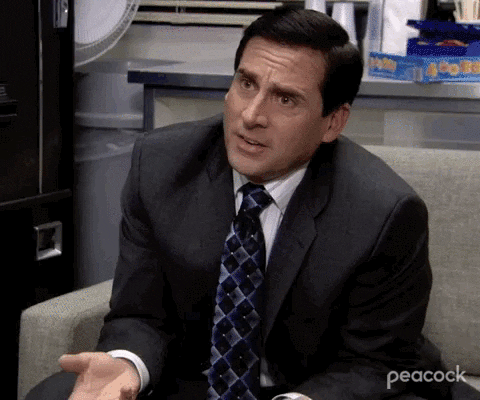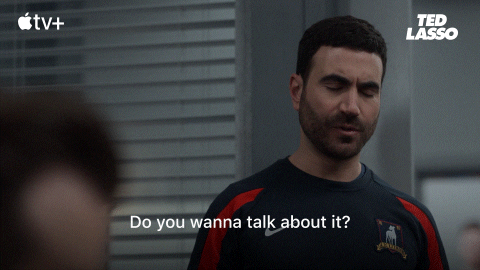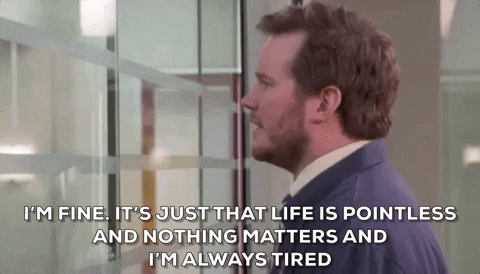Honesty is high on everyone’s list of traits they look for in a partner, a friend, a coworker, boss, etc. We emphasize phrases like “I’d rather you tell me the truth” or “Please don’t lie to me.”
So then, why do we lie? Self preservation? Fear? Consequences? Shame? The list can go on and on for possible reasons but we are prioritizing something personal. I am a degree or two shy of being a therapist so rather than write a thesis on truth and lies I will only speak for myself here.
I lie, more times than I’d like to. Some are innocent lies to preserve peace or maintain a bit of magic- ie. tooth fairy. Some are not so innocent or small- many of these I’d like to have back. Sorry to disappoint, this will not be a list of transgressions that I atone for, I’m not Taylor Swift or something, put the popcorn away.
I’m here to break down the lies cancer patients tell- well at least I might tell.
“I’m okay.”
This is the big one and most obvious. Normally it is in response to “How are you?” “How are you feeling?” or “Do you need anything?” So why lie here?
Lots of reasons. We don’t want to be a burden is a huge one. Looking at a cancer fight in a linear view it kind of goes like this:
Diagnosis: You are rallied around. Support is abundant and almost never ending for most. You tend to be a little more honest and let people in. Help feels good.
Initial treatment: Much of the same as above. Support is plenty and it makes you feel good.
Prolonged treatment or recurrence: Life moves on and everyone has their own shit. You still get support but it’s about even in terms of requesting vs unsolicited.
More and more treatment/cancer purgatory: Support is around but the balance is uneven, if you need something you have to request it. In an American society that tells you to “pull yourself up by your bootstraps” you start to feel guilty or ashamed that you even need help.
That last stage can go on for months, years or the rest of your life. I feel like that’s where I live right now- not necessarily for the rest of my life (although that’s where I think it’s headed) but for a while at least. Answering the “how are you?” question is a minefield. Do you want to get in a long conversation on that day? You might be fatigued or tired or depressed or all of the above. You might feel guilty for not being able to handle this on your own. You may not want to burden that individual with your true physical and mental state- they may be dealing with their own problems. You might not want the attention.
“Let me know if you need anything!”
“Okay I will.”
This one’s a bit more obvious- we feel like a burden or undeserving. Often cancer patients will stack their life’s choices up against a request for help- “Do I deserve this? Why should I get help?” I’m guilty of this constantly. I’m no saint and have fucked up enough in my life that I question if I deserve help or compassion. I tend to look at others and try to think that everyone is constantly learning and maturing- they are not their mistakes but rather a collection of lessons learned to hopefully form a better person as they age. Easy to project that on others but tougher to do for yourself.
The burden feeling arises again. You don’t want anyone to have to go out of their way to help you because you might feel guilty or in some cases that you are indebted to them- even though they are not expressing that to you. You feel like a burden.
“I’m here if you ever want to talk, just reach out.”
“Thanks, I definitely will.”
We definitely won’t. Again we feel like a burden. Sometimes it’s that we are just too tired. Sometimes it’s easier to hide tears behind closed doors- fearing judgement, fearing weakness, fearing death. Other times we don’t want our loved ones to take on any of our cancer weight- seeing a parent break down, helpless to their child suffering is a pain you don’t want to feel more than once.
We also keep our words, our fears locked tight in our minds. Saying them would breathe a reality into the darkness we try to push down and avoid. It is not an acceptance of defeat at the hands of cancer we fear but the loss of everything and everyone we love.
“I’m too tired to make it/I just need to lay down.”
Disclaimer: This is many times true and like most cancer patients, we are almost always tired.
This one might skew a little more personal although I’m sure most cancer patients have been here at least once. Avoidance is a tactic I use to blindfold my mind- not letting it see a good time or a core memory and immediately asking itself “is this the last time this will happen?” Most will say “But if it was the last time wouldn’t you want to be a part of it?” The answer is 100% yes, but your brain goes into self preservation mode. Watching your kids laugh and play together while the sun shines and peace seems to be abundant is shattered by a neon sign flashing “This is it.” You feel like you’re viewing life as an outside, unable to enter the scene and connect, even if you’re actually in it.
“It could be worse.”
This is a very complex one. My therapist repeats to me all the time “It also could be better” and I hear her, and I know that is true, but my mind says “Nah.” I know this is a “popular” one in the cancer community. Many adults will often mention pediatric cancer patients as an example of things being worse and it is true- many of us have lived decades while an innocent child or baby has barely lived at all. As I type this I can hear my therapist again, saying “both shitty situations can exist at the same time.” She’s right.
So why do we default to this? Again we might feel undeserving- why should we get attention in this world full of tragedies? Self-preservation is another reason. Often it is easier to tell ourselves this, trying to convince our minds of a false sense of safety these words will bring us. We also do recognize that it could be worse. But we don’t say it to remind ourselves that life is short and to seize every moment we can. No, often it is a reflex, a reminder that our mind often fast forwards to an ending we don’t want. A story we fear is going to unfold, page by page with every appointment or scan or test. It’s cliche but true that every second that passes is a page turning, taking us closer to death. Cancer instills a fear that those seconds will move at light speed and those doctor visits will replace seconds and pages passing with chapters ending- constantly speeding the clock towards the end.
So why do we lie? They protect us. The armor is donned against both truths and doom scenarios that may never happen. Many cite advancements in medicine when saying “cancer is no longer a death sentence.” There is truth in that but also a lie. It is a death sentence- to your old life, to a mind free of fears never before contemplated, to normalcy, to trauma-free thoughts. Most often these lies are for us not because of you. Death and pain are more familiar to us now however we learn to shield our loved ones and even ourselves through these lies.
-Joe
P.S. Again, I must end this by saying I am okay. While all the above is true, it is provided for understanding and to best depict what a cancer diagnosis is.












So well said, Joe. Like your last post, deep sad truths but somehow it makes me feel better knowing someone else (and probably many others) are having the exact same thoughts and feelings as me.
“i definitely won’t” hahaha i love the humor...i just started a substack, i think my response to “how are you” will be read my substack updates 😆